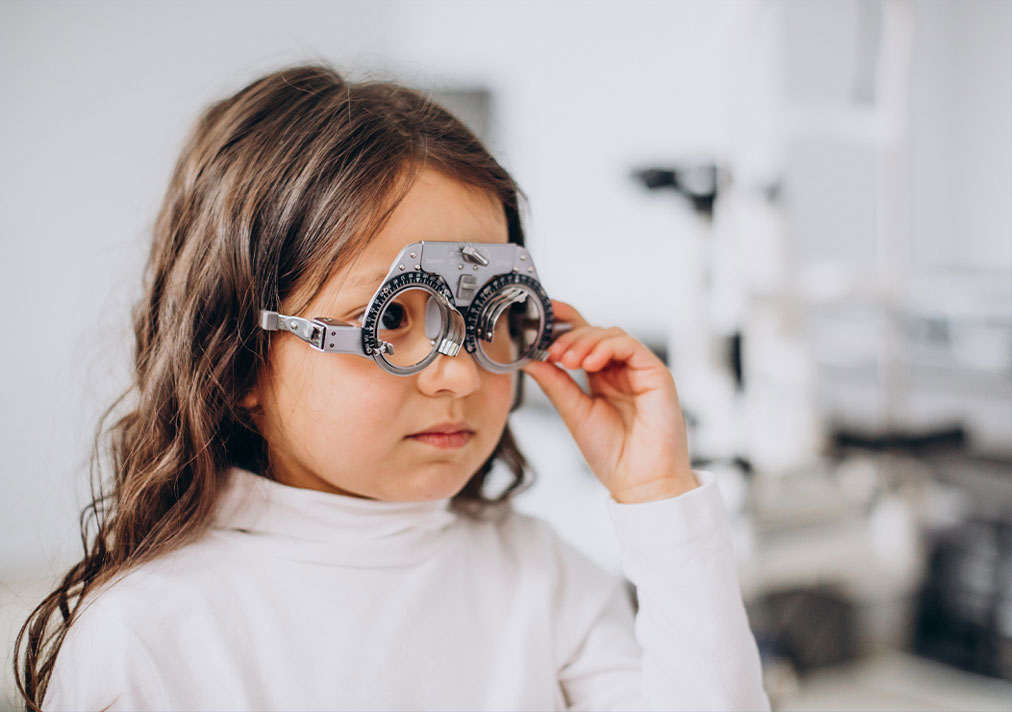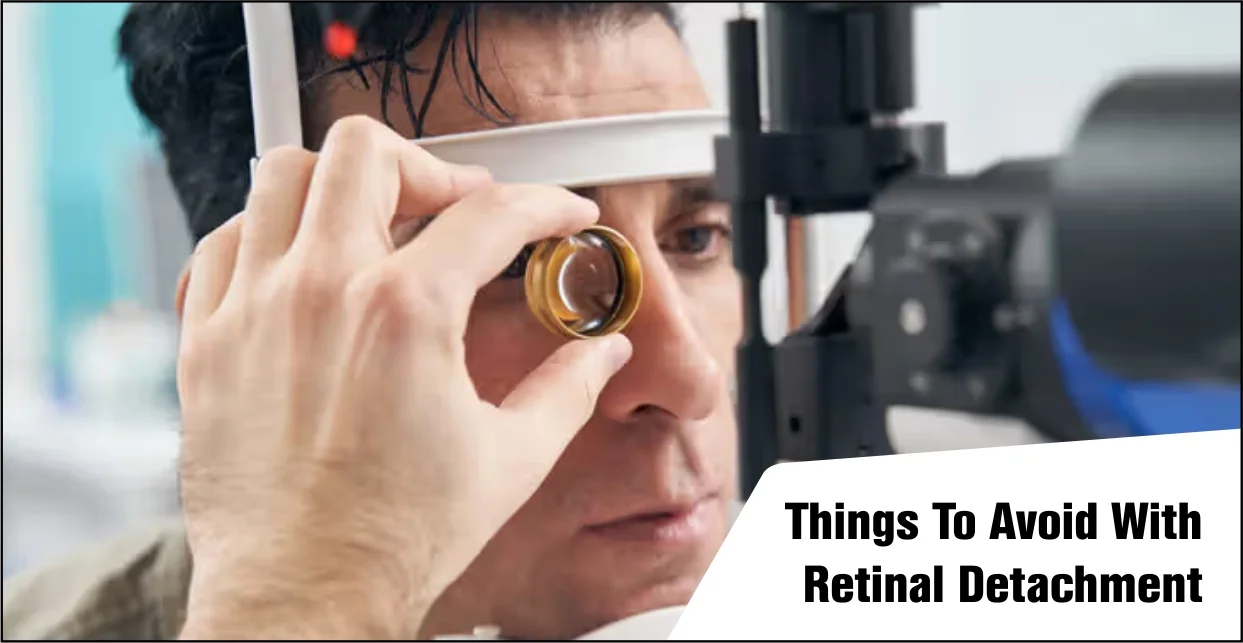Retinal detachment is an emergency medical eye condition when your retina separates from the back of your eye. The retina is a thin layer of tissue that is at the back of the eye which captures light and sends messages to the brain.
Consult Eye Q eye hospital in India to get yourself treated. However, there are some precautions that you can take or things to avoid with retinal detachment that you must keep in mind to stay safe. The clinic has a team of expert doctors and advanced technology to treat all kinds of treatable problems related to the retina and other eye conditions.
What is Retinal Detachment?
Generally, retinal detachment occurs in one eye but can also happen in both. The time the retina detaches and loses blood flow and oxygenation, it is a medical emergency condition that needs immediate treatment and care; without surgery, the detached retina cannot be fixed, and if done, a person may have a loss of vision in the affected eye. If not treated in an emergency, the vision can be lost within a few hours as the detached retina tissue dies. It is best to seek the best eye specialist if you experience any of the signs of retinal detachment.
Who is more prone to retinal detachment?
Retinal detachment is a serious eye condition in which your retinal tissue is cut off from oxygen supply, and you experience sudden changes in your vision. In case you experience sudden visual perception, consult the best eye specialist immediately, as on-time intervention can prevent you from the p[remnant vision loss that can occur within a few hours. People must understand the risk factors that make them more prone to retinal detachment. Some common risk factors of retinal detachment are :
-
Ageing
Ageing is the most common factor of retinal detachment. If you are 50 and above, you are more likely to have the condition. The retinal detachment while ageing can be linked to some changes in the vitreous, which is a gel-like substance that has many fibres. Variations in the vitreous density can cause a tear of the retina. Symptoms of retinal detachment as you age :
- Appearance of floaters
- Blurred vision
- Flashes of light in one or both eyes
- Loss of peripheral vision
- Impression of shadow that interrupts vision
-
Eye injury
It is another cause of retinal detachment as even a small tear in the retina because of injury can grow into a large retinal detachment, and it can occur at any age. At the same time, playing sports, children and teenagers can also face retinal detachment due to injury. Some other factors are :
- Previous retinal detachment
- Extreme nearsightedness
- Family history
- Prior eye surgery
- Some specific diseases
Also Read: How Diabetes Affects Eyesight, How To Prevent Eye Damage From Diabetes
Things to avoid with retinal detachment
Your eyes are very precious, and it is vital for you to take proper care of them; maintaining good eye health is essential to preserve your vision. Nowadays, one of the most severe threats is retinal detachment, which leads to vision loss permanently. The retina is crucial and converts it into signals that your brain interprets as images. You need to schedule a comprehensive eye test with an expert eye specialist at least once a year for early detection of any sign of the condition. If you have a detached retina, surgery is the most common treatment option to rewatch it and help to preserve vision. The type of procedure depends upon your specific condition and the severity of the detachment of the retina. Immediately after the surgery, it will take time to recover fully. For good eye health post retinal detachment surgery, you have to make some lifestyle modifications:
- Follow your doctors’ guidelines properly, as it is essential for successful recovery. Taking on-time medications will ensure successful recovery from the retinal detachment surgery. This will include attending follow-up visits and following the instructions properly.
- Also, you need to wear protective glasses or goggles while you partake in any sports or activities that can further damage your detached retina like swimming or sports without goggles must be avoided. Also, you must wear goggles to protect your eyes against UV rays.
- Smoking increases eye pressure, which can lead to further detachment and also slow healing post-surgery. Additional strain is one of the vital things to avoid with retinal detachment.
- Eating nutritional foods will help you to heal and will also improve your eyesight’s quality. Also, take plenty of sleep if you have retinal detachment surgery as it will help you to recover fully and efficiently.
- During your recovery period after retinal detachment surgery, the doctor will recommend some specific things to avoid specifically that need vigorous head movements.
- Also, you need to check adequate lighting as you may need more light to see and read in comparison to what you need before.
Why choose Eye Q hospitals?
Preventing retinal detachment is not in your hands, but some ways can help you decrease your risks. However, retinal detachment is due to traumatic eye injury or ageing that is not in your hands. However, avoiding potentially hazardous citations and wearing protection like goggles while playing sports and other activities can help you minimise the risk of having it. Also, the best way is to get regular eye checkups so that your eye doctor can ensure that your eye is in good health and to diagnose any retinal tears that might lead to retinal detachment. However, retinal detachment can be treated well when diagnosed in the early stages. Making an appointment with EYe Q Hospitals for proper and affordable retinal treatment will be the best decision as experienced eye surgeons run the hospital; the eye clinic is well known for offering retina treatment with the help of the latest cutting-edge laser-assisted technology. Keep in mind that retina diseases, if left untreated, lead to vision loss, which is irreversible, so get your eyes checked on a regular basis to prevent permanent vision loss.




